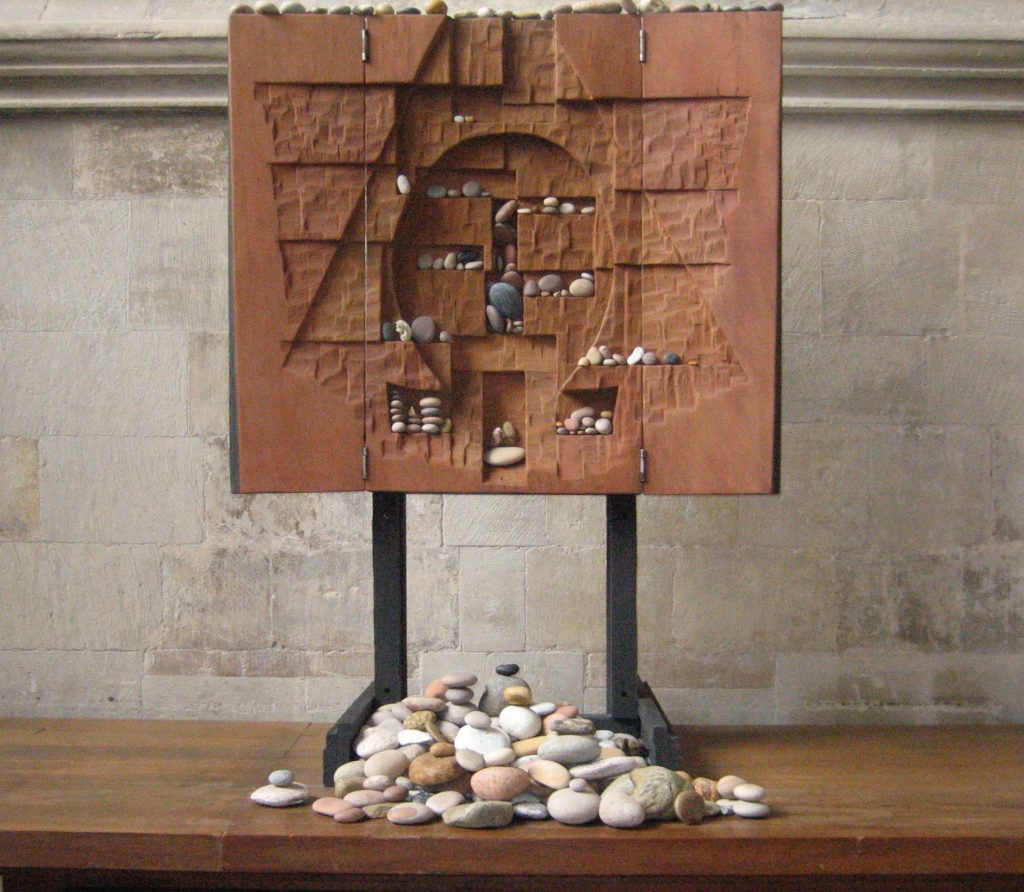by Linda McMillan
I have been traveling. In fact, I’m on my way home. I’ve been in three great cities, all cities which have been like second homes to me, in the past 24 hours: Yangon, Bangkok, and finally Shanghai.
While I was in Yangon my friend remarked to me that it would soon be summer time. He was cool and collected in his thobe, complete with headgear which I think must hold in more heat than it releases; I was sweating like a prize fighter in my short sleeves and cotton longyi, for I have not mastered the art of being graceful in sweltering heat. “How can you tell the difference between this,” I asked, “and Summer?” He looked at me playfully with that look which says, you can’t possibly understand because you are not a Muslim man from Myanmar. And, it’s true that I am not, but I did learn some things about the subtle changing of the seasons in that land of perpetual heat.
In Bangkok the minimum temperature has already started to rise sharply. My Burmese friend who works at a hotel there told me he has stopped wearing a coat at night since the temperature no longer dips down into the 70s. That’s not a typo. By April the average low temperature will be close to 90, much more comfortable for my friend.
Here in Shanghai I pulled on a sweater before I left the airport this morning, but by the time I’d arrived at my destination I’d wriggled out of it. The air is still cool, and some people are still wearing coats, but it is definitely warmer than it was when I left bundled up like an Eskimo. The trees in Jing ‘An are budding, and there is that feel which I recognize the same way my friend in Yangon knows the “feel” of spring. The seasons are turning.
Yet, we Christians seem to be leaving our season of light and entering the dark time of Lent. Epiphany was full of light, there was a lot of talk about things we can see: John saw Jesus, we saw the Spirit of God descend like a dove, Jesus saw James and John mending their nets. We even talked about eyes: An eye for an eye, and if your eye sins pluck it out. Yet it seems that all this light is fading, and a season of darkness overshadows us.
It is important to remember, though, that Lent is actually an old Teutonic word which does not mean dark time, nor does it mean time of teeth gnashing, and self-flagellation. It just means Spring. It is a season of change.
It is a special time for us, to be sure. And we mark this time by using darker ecclesiastical furnishings, the color of Lent is dark purple, we hide the alleluias, and in a few weeks many of us will enter a church building which is literally dark. These are ways of marking the season, or delineating time. But those are just signs – things we can see — it doesn’t make the time itself dark.
The ashes we wear today – that we can see — should not be that different from the ashes of repentance we wear in our hearts every day. Nor should the acts of charity, prayer, study, and good works we undertake this season be appreciably different from those we did last week. Lent is not a six-week cleanse so that we can relax the rest of the year, or some kind of self-improvement program designed to help us in our “spirituality.” It is merely a different season.
In this season we will make new efforts to turn from sin and to turn to God. That is what repentance is: turning, teshuva, cultivating confidence that the mercy of God is equal to the pile of sin we manage to accrue. But turning shouldn’t be harsh or onerous in its burdens. Let your turning be gentle, supported by the spirit which longs to loosen the bonds of injustice which hold you down and to undo the thongs of your oppressive yoke. Then, when you have found your great freedom, take up a fast that enables you to set others free.
What kinds of things are binding you, or keeping you from the freedom that children of the light should enjoy? Try not to be political, your oppression is very likely not external. Maybe it is, most certainly it is not for me to say. But it is much more likely that you have put more oppression on yourself than others have. Just think about it for yourself and try to imagine what Jesus would say to you if he were going to come to you and loosen the bonds of your injustice, undo the oppression that keeps you down. How tender is his voice, how gentle are his ways. What would it be like to hear those words?
Before you undertake any great fasts, or big spiritual projects, listen to the voice of Jesus who longs to release you from your own oppression. Then go out and release others.
Linda McMillan is in Shanghai, China. Soon to be back home in Yangzhong – Home of the Pufferfish.
Image: “Cairn of Hope” Exeter Cathedral by Ann Fontaine 
Click to embiggen

